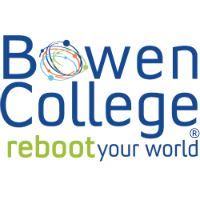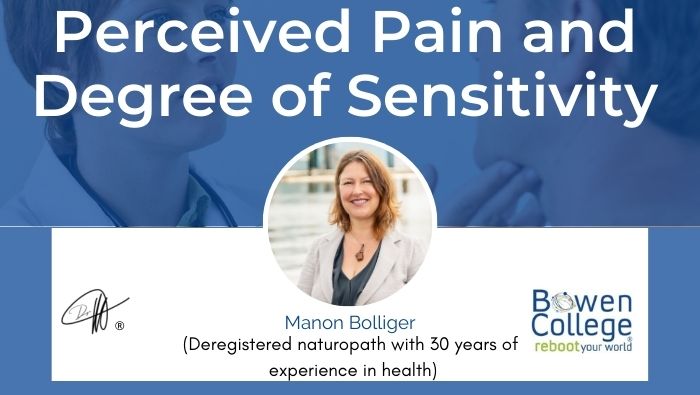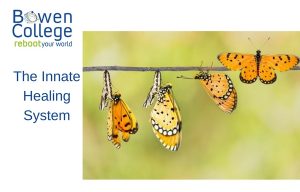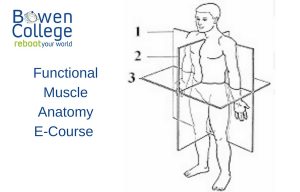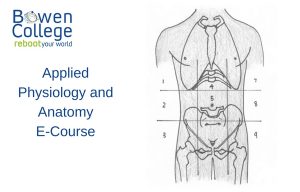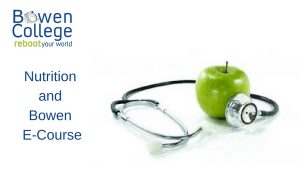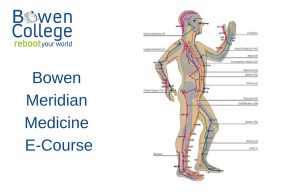In my most recent posts I considered the brain science on pain and how it indicates that a patient’s perception and experience of pain cannot necessarily be reduced to assessment of specific lesion events or their presumed effects. Let’s get into this a little more deeply.
Take neck pain as an example, Ferrari found that it can seldom be attributed to any specific origin and is often labeled as soft-tissue rheumatism or muscular/mechanical/postural neck pain, or other unspecific syndromes (Ferrari, 2003,pp. 57-70). Furthermore, Boden and later on Matsumoto established in their respective studies that clinical and radiographic examinations seldom showed organic lesions to be responsible for the symptoms in neck pain (Boden et al., 1990; Matsumoto et al., 1998). Instead, psychosocial and cultural factors have been proposed to be contributory factors.
More recently, psychological factors have also been associated with poor prognosis. A number of authors have demonstrated the important role of psychological and psychosocial factors in determining the outcome of whiplash injury including perceived pain interference, general psychological distress and emotional problems. Further, Hendriks et al (2005,pp. 114408-16) report that an increasing somatization score is associated with lack of functional recovery at 12 months and is more important etiologically than are collision-specific factors (Atherton, K, et al; 2006.pp.196-206)
In my next post, a case study from my own practice will effectively illustrate these findings. See you there.
More Blogs that might interest you:
· Treating Pain with BowenFirst™
· Assessment and the Subjective Experience of Pain
· My Story with MS: Final Thoughts
· My Story with MS: Its Emotional Resolution
· My Story with MS: The Symptom Picture
· My Story with MS: An Important Insight
· The Biology of Emotions –Psychoneuroimmunology
· Bowen allows for a safe and rapid healing process
· Healing is a Journey Informed by Fear and Love
· Coping Skills and Helpful Attitudes for Dealing with Stress
· Coping with Stress as a Variable
· How Does Stress Become Illness?
· Early Childhood Trauma and Chronic Disease
· Summarizing the Stress Memory Discussion
· More on the Deleterious Effects of Excessive Cortisol Levels
